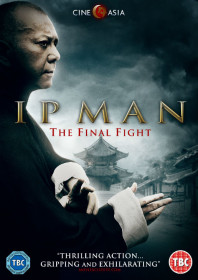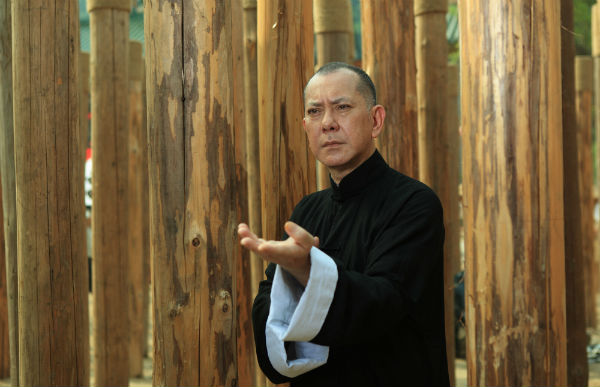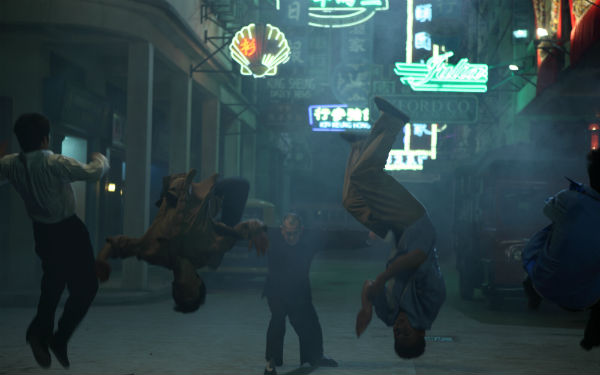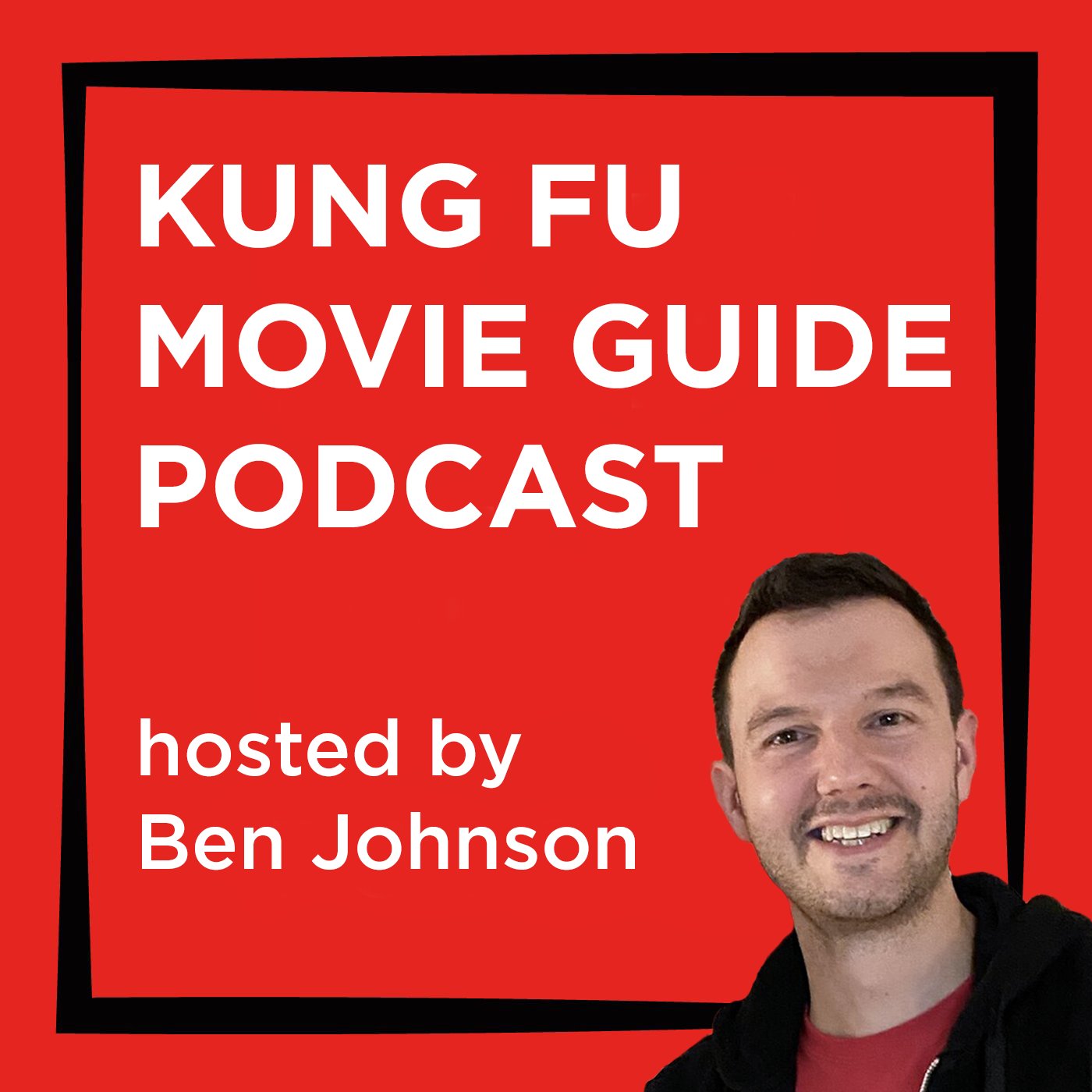
This Ip Man film – Herman Yau’s follow-up to The Legend is Born: Ip Man – is a polite, reverential, misty-eyed nostalgia trip. It charts the latter-half of the Wing Chun master’s life following his relocation to Hong Kong, and features a diligent and authoritative central performance from Anthony Wong. Wong famously said he was drunk when he accepted the role; an extensive kung fu training programme was required to turn the award-winning actor into a believable on-screen fighter, or at least someone as equalling convincing as Donnie Yen, who has now embodied the role with his Wilson Yip-directed Ip Man films. Wong actually flourishes in the action scenes, which are fabulously choreographed with great authenticity; one of the best being a delightfully skilful duel with the comedic performer Eric Tsang, another actor unfamiliar with action roles.
Checkley Sin – a student of Ip Man’s son, Ip Chun – acts as producer, and given Checkley’s direct connection to the Ip Man family, the film is perhaps one of the more personal accounts of his life. (And, like with The Legend is Born, Ip Chun also makes a small appearance). The story (such as it is) is narrated by the character of Ip Chun and told chronologically to outline his father’s life in post-war Hong Kong, which is marked by ill health and bookended by references to his star pupil, Bruce Lee.
The Bruce Lee reunion scenes at the end are used to support Ip Man’s philosophy that the art is greater than the ego, which is a message he tries to instil in all of his pupils. Like Lee, his students are mostly young, tenacious, rebellious, ambitious, and political. They find themselves at the forefront of a culture shift between the traditions of Ip Man’s generation and the effects of living in an increasingly globalised and developing Hong Kong. But the territory’s change in economic fortune doesn’t seem to have trickled down to Ip Man’s students, and the lure of corruption is at every corner; from the husband and wife activists who are jailed during a riot with colonial police following a union strike, to the cop who initially tries to follow Ip Man’s strict moral compass before ending up on the payroll of a notorious Kowloon Walled City gangster. His prime student is also shown to be duelling in an underground illegal fight club to make ends meet.
Throughout the turmoil, Ip Man remains a stoic figure; impartial and quite removed from the troubles of the world. He is only provoked into action by the more obvious signs of injustice. Instead, we see him at his most emotional when glimpsing into his personal life, which again is beset by tragedy. His distant wife, who remains in Foshan to bring up their son, dies young, and his subsequent relationship with a glamorous entertainer is met with derision from his students. None of these plot threads particularly connect or conclude in a satisfying way, leaving the story to unfold in a seemingly organic, if meandering, way. Still, it is always entertaining, and hinges on a beautifully measured and understated performance by Anthony Wong.
Ip Man: The Final Fight is available now in the UK on Blu-ray via Cine Asia. Order now on Amazon.


- Country: Hong Kong
- Action Director: Checkley Sin Kwok-lam, Leo Au-yeung, Nicky Li Chung-chi
- Directed by: Herman Yau Lai-to
- Starring: Anita Yuen Wing-li, Anthony Wong Chau-sang, Eric Tsang Chi-wai, Gillian Chung Yan-tung, Hung Yan-yan, Ip Chun, Jordan Chan Siu-chun, Ken Lo Wai-kwong, Marvel Chow Ting-yu, Timmy Hung Tin-ming, Zhou Chuchu
- Produced by: Albert Lee Nga-bok, Catherine Hun Ga-jan, Checkley Sin Kwok-lam, Cherry Law Bo-yee
- Written by: Erica Li Man
- Studio: Emperor Motion Pictures, Pegasus Taihe Entertainment












